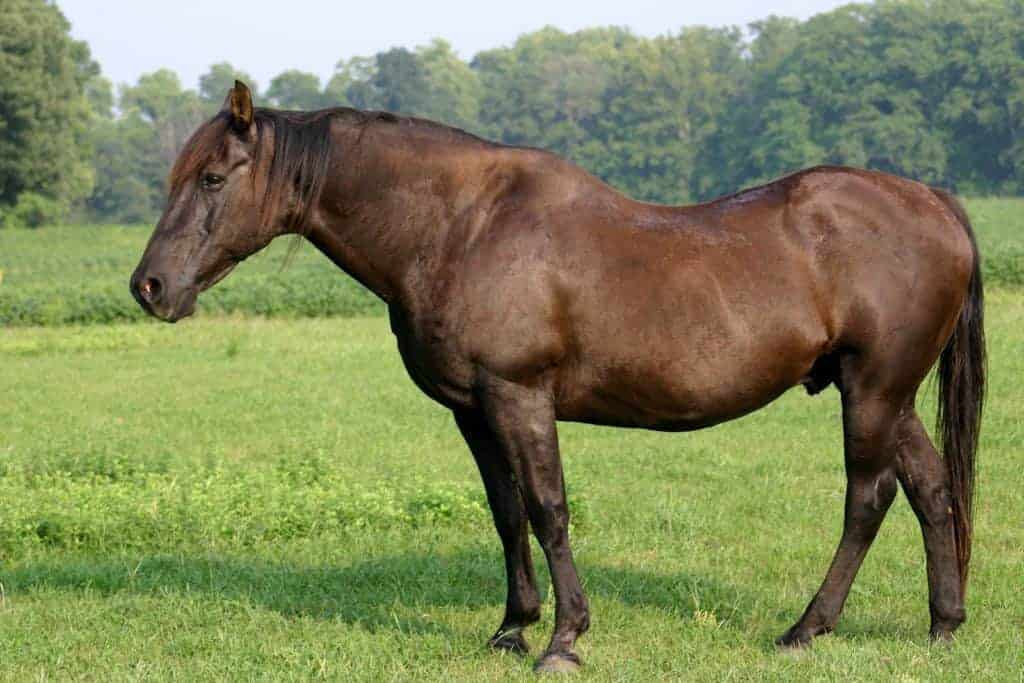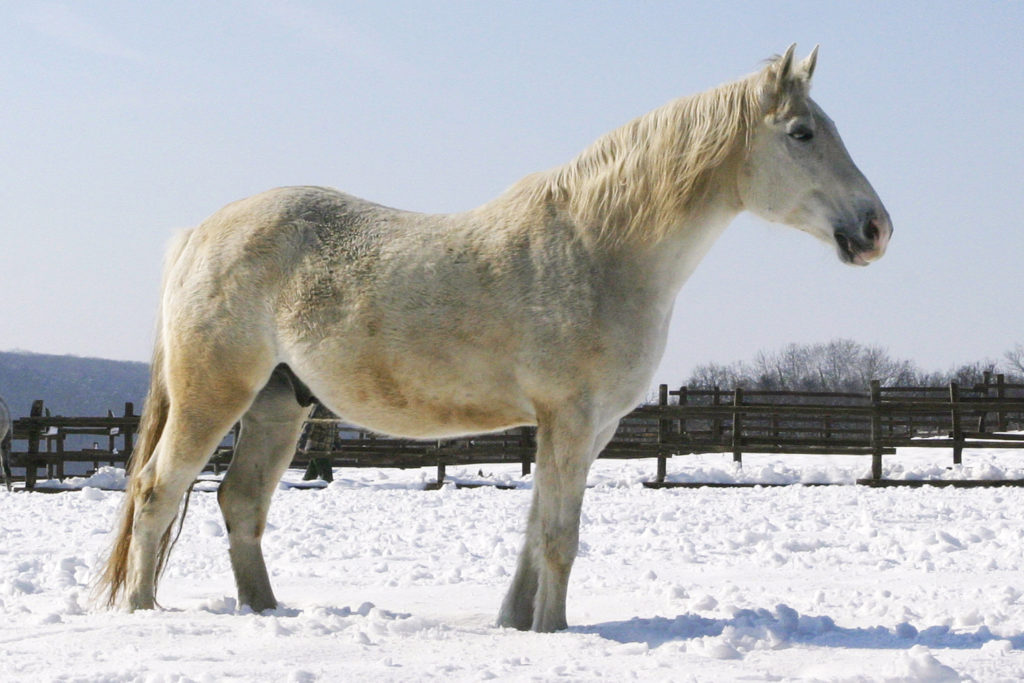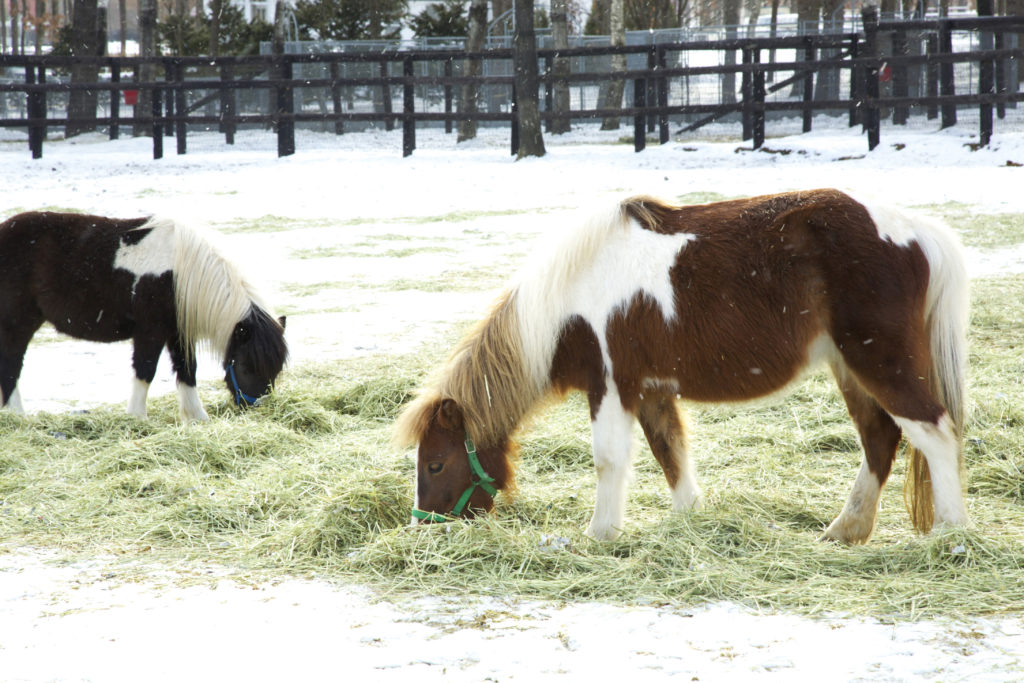
PPID: Not Just for Domestic Horses
Researchers recently identified six PPID cases in two equine species at a British zoo: five cases in Przewalski’s horses ranging from 7 to 29 years old and one case in a 17-year-old Chapman’s zebra.

Researchers recently identified six PPID cases in two equine species at a British zoo: five cases in Przewalski’s horses ranging from 7 to 29 years old and one case in a 17-year-old Chapman’s zebra.

While researchers have discovered much about EMS over the years, there’s still more to learn not only about the link between obesity, insulin, and laminitis but also how to manage animals to help prevent them from becoming obese and/or developing insulin dysregulation.

With proper care, senior horses can prosper. Here are a few points to consider.

Researchers know horse body weight, BCS, and body fat percentage appear to be correlated with blood concentrations of PGE2—a joint damage marker.

Fats serve many important functions for horses, from increasing calorie consumption to reducing gastric ulcer severity.

Read the latest in equine health research, news, and information presented at the 2018 British Equine Veterinary Congress in Birmingham, England.

A barn was released from an EHV-1 quarantine, but is the risk for disease transmission gone? A veterinarian weighs in.

A horse owner asks if she’s feeding her horse hay often enough. Nutritionist Dr. Clair Thunes responds.

Effective Dec. 1, horses granted a therapeutic use exemption can remain on pergolide with no drug withdrawal prior to competition and no need to file a medication report form each time they compete.

Polyacrylamide hydrogel (PAAG) and stanolozol might offer veterinarians and owners new alternative treatment options to help reduce pain, improve joint function, and minimize joint tissue deterioration in horses with arthritis.

Dr. Wayne McIlwraith describes how joint treatments for horses have changed over the years and what therapeutic options might be on the horizon.

To boot, researchers found that it’s not always easy for owners to spot ocular issues: Owners reported that fewer than 4% of the study horses had some sort of ocular disease, but researchers determined that nearly 90% of them did.

Neck pain in horses remains challenging for veterinarians to diagnose and treat, but new options are on the horizon, one practitioner says.

From initial diagnosis to hoof care and bisphosphonate use, find out the newest information about this debilitating condition.

One veterinarian says that, while we can’t lump all corticosteroids into one category, injections should still be considered a mainstay of treatment of intra-articular inflammation. Here’s why.

How to unravel the reason behind your horse’s head-scratching weight loss.
Stay on top of the most recent Horse Health news with
"*" indicates required fields